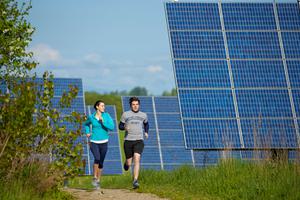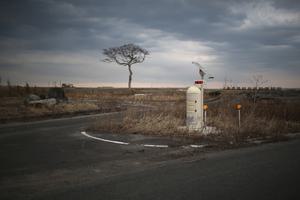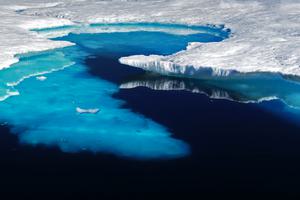Features
-
Ghost Forests
How Rising Seas Are Killing Southern U.S. Woodlands
-
Photo Essay
How Pollution is Devastating an Indonesian Lake
-
The Greenhouse Gas Riddle
What is Causing the Recent Rise in Methane Emissions?
-
The Moth Snowstorm
Finding True Value in Nature’s Riches
-
Artificial Islands
The Rising Environmental Toll of China’s Offshore Island Grab
-
Natural Aquaculture
Can We Save the Oceans By Farming Them?
-
A Post-Fact World
How the Attack on Science Is Becoming a Global Contagion
-
High Stakes on the High Seas
A Growing Call for International Marine Reserves
-
Disappearing Species
What’s Killing Native Birds in the Mountain Forests of Kauai?
-
Exploring How and Why Trees ‘Talk’ to Each Other
Ecologist Suzanne Simard has shown how trees use a network of soil fungi to communicate their needs and aid neighboring plants. Now she’s warning that threats like clear-cutting and climate change could disrupt these critical networks.
-
Wildlife Farming: Does It Help Or Hurt Threatened Species?
Wildlife farming is being touted as a way to protect endangered species while providing food and boosting incomes in rural areas. But some conservation scientists argue that such practices fail to benefit beleaguered wildlife.

















